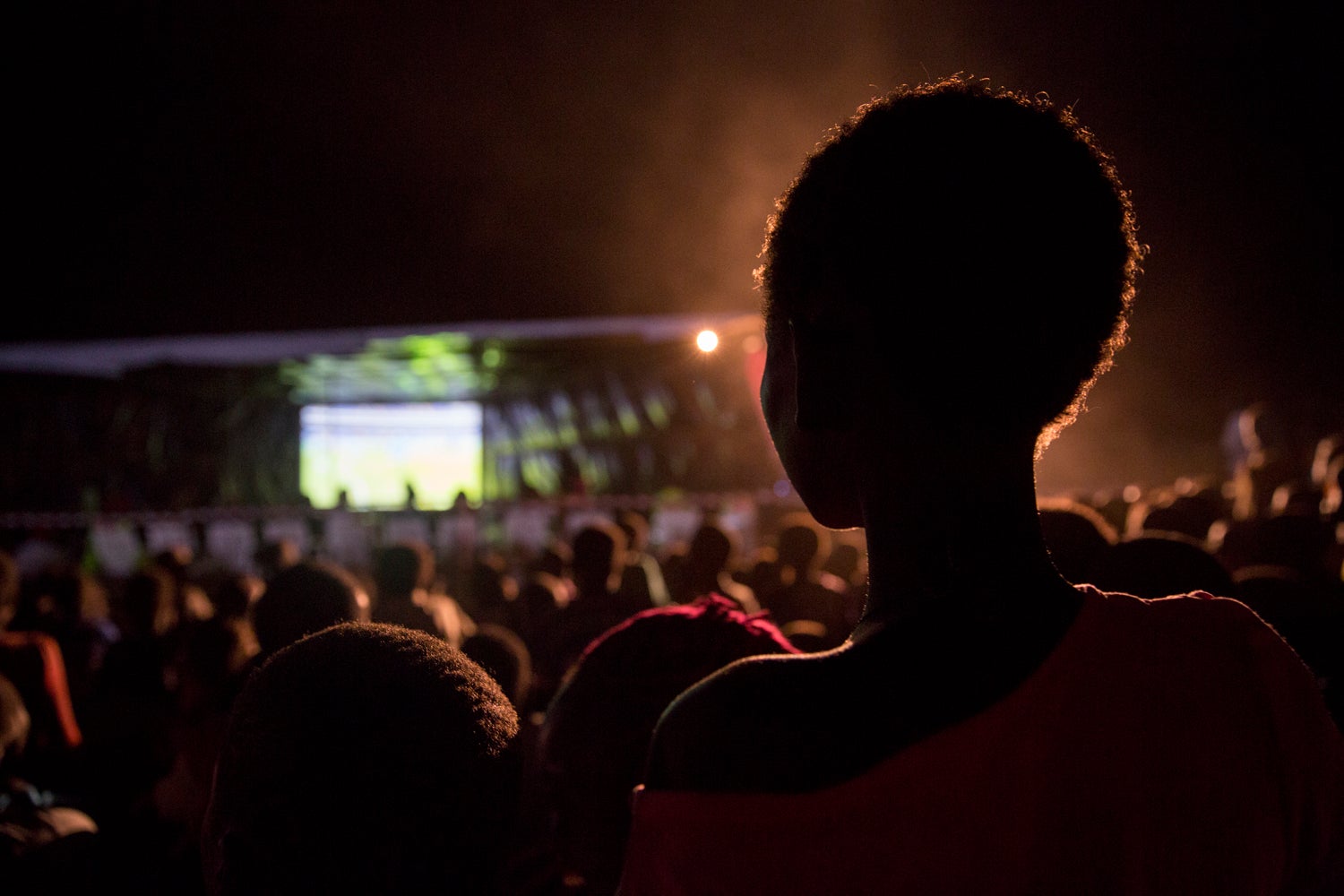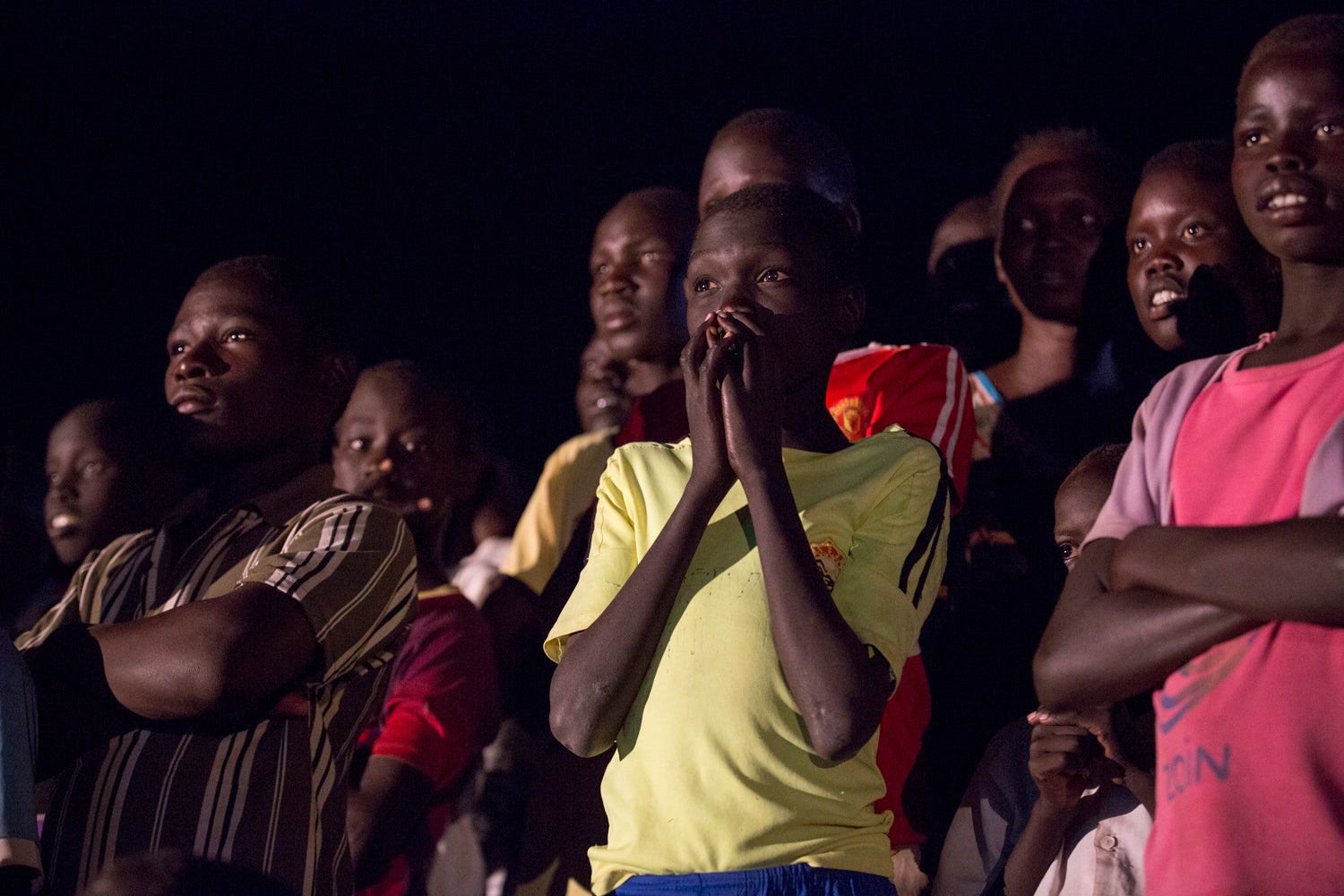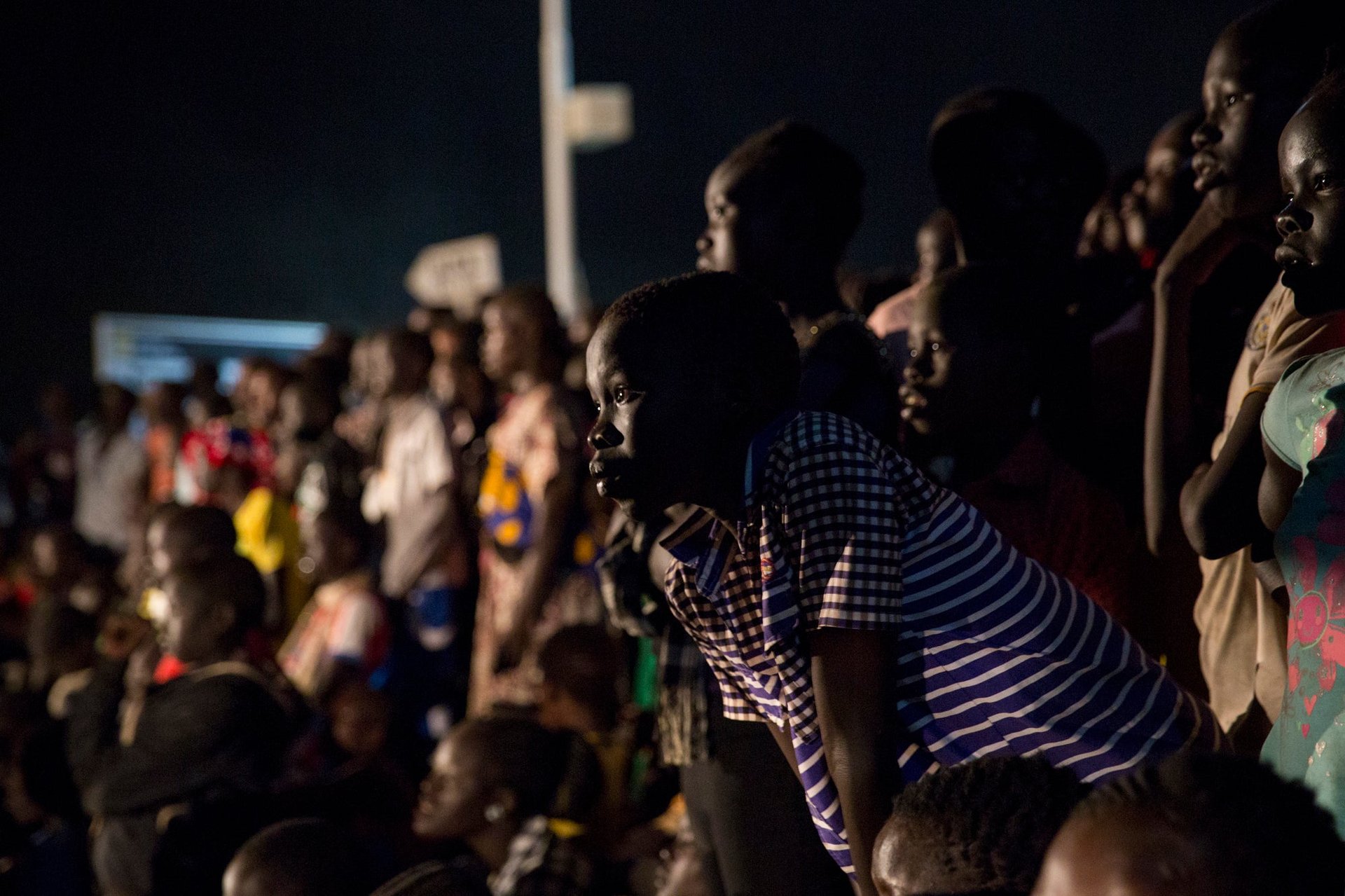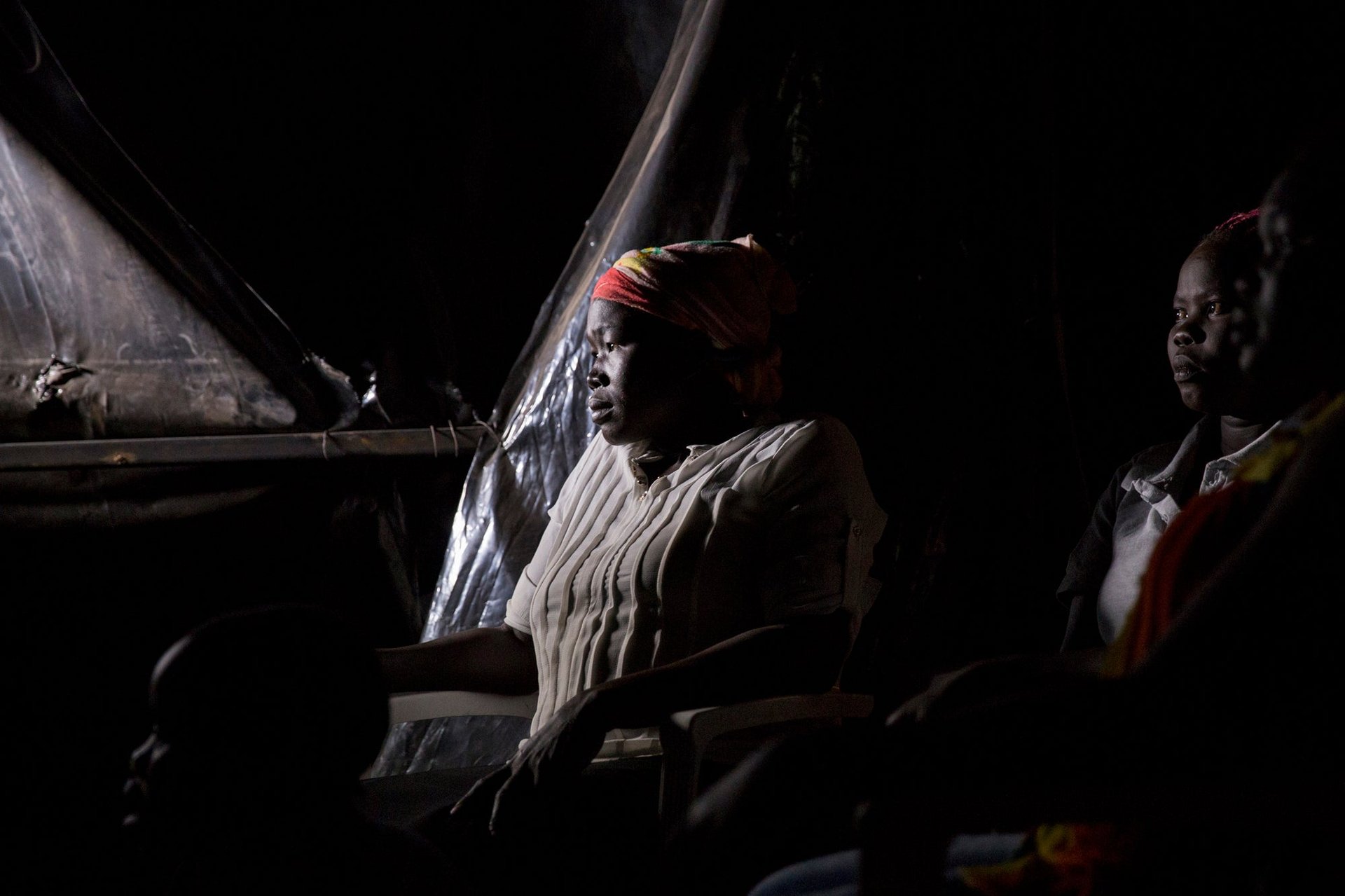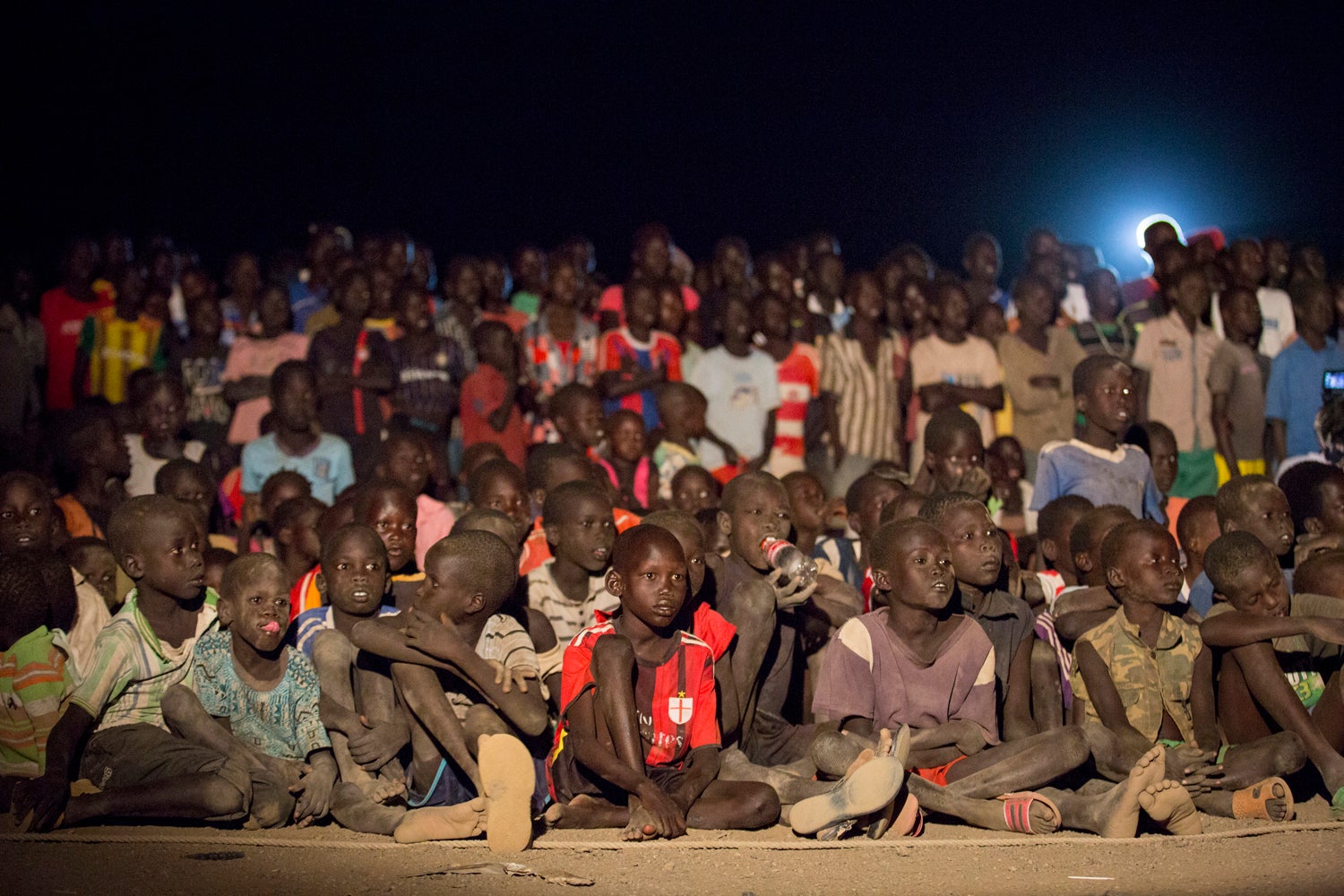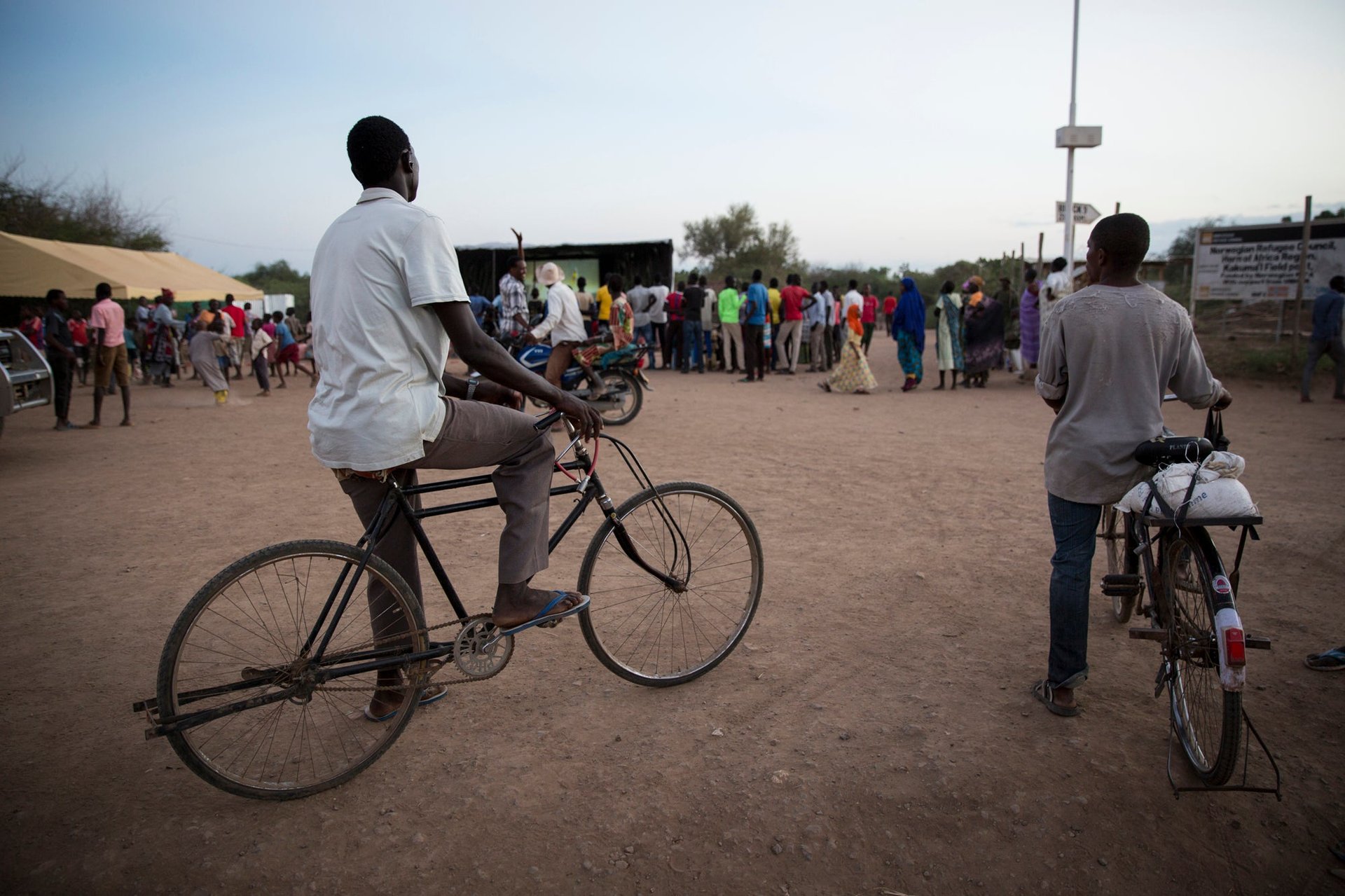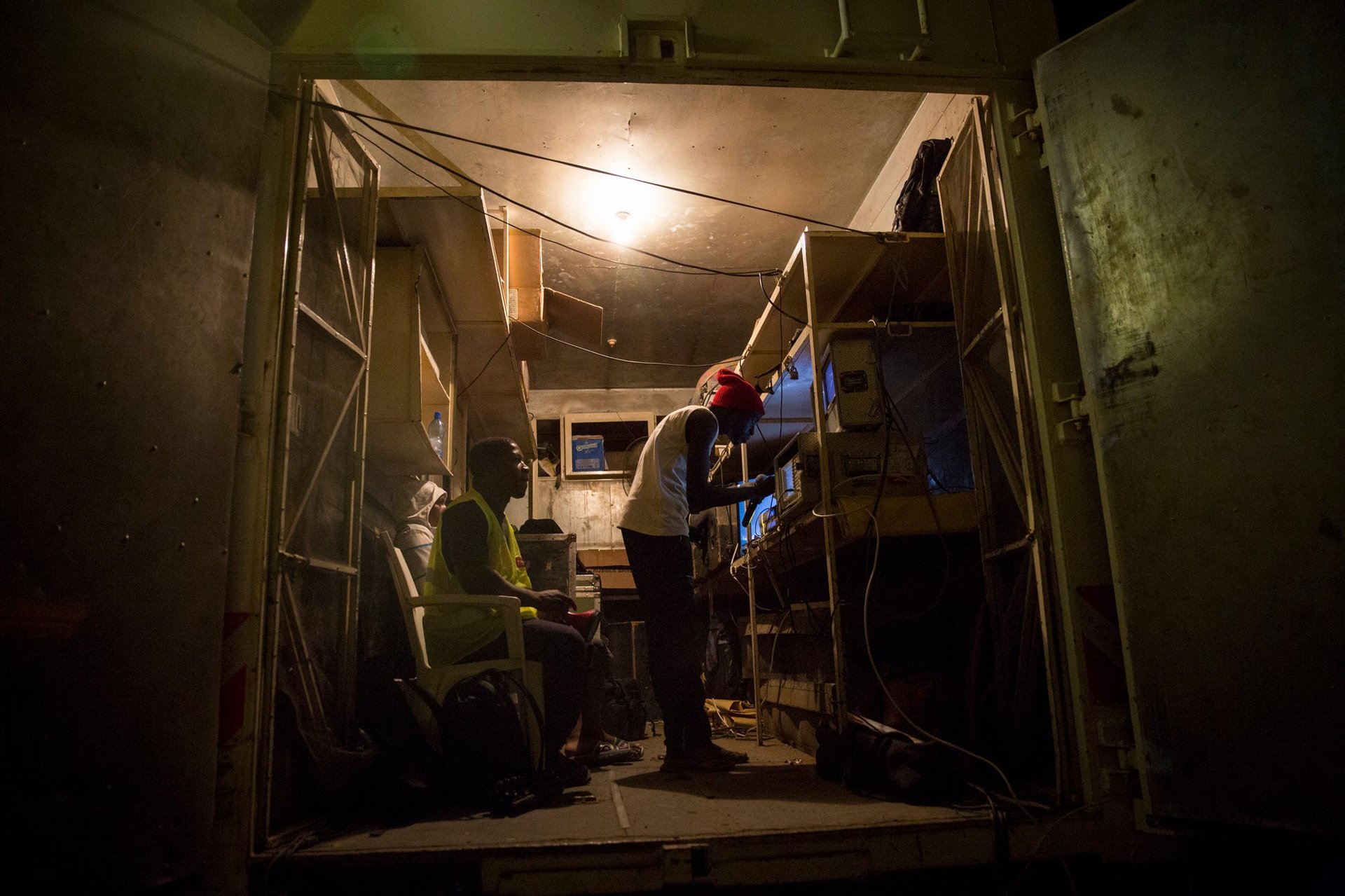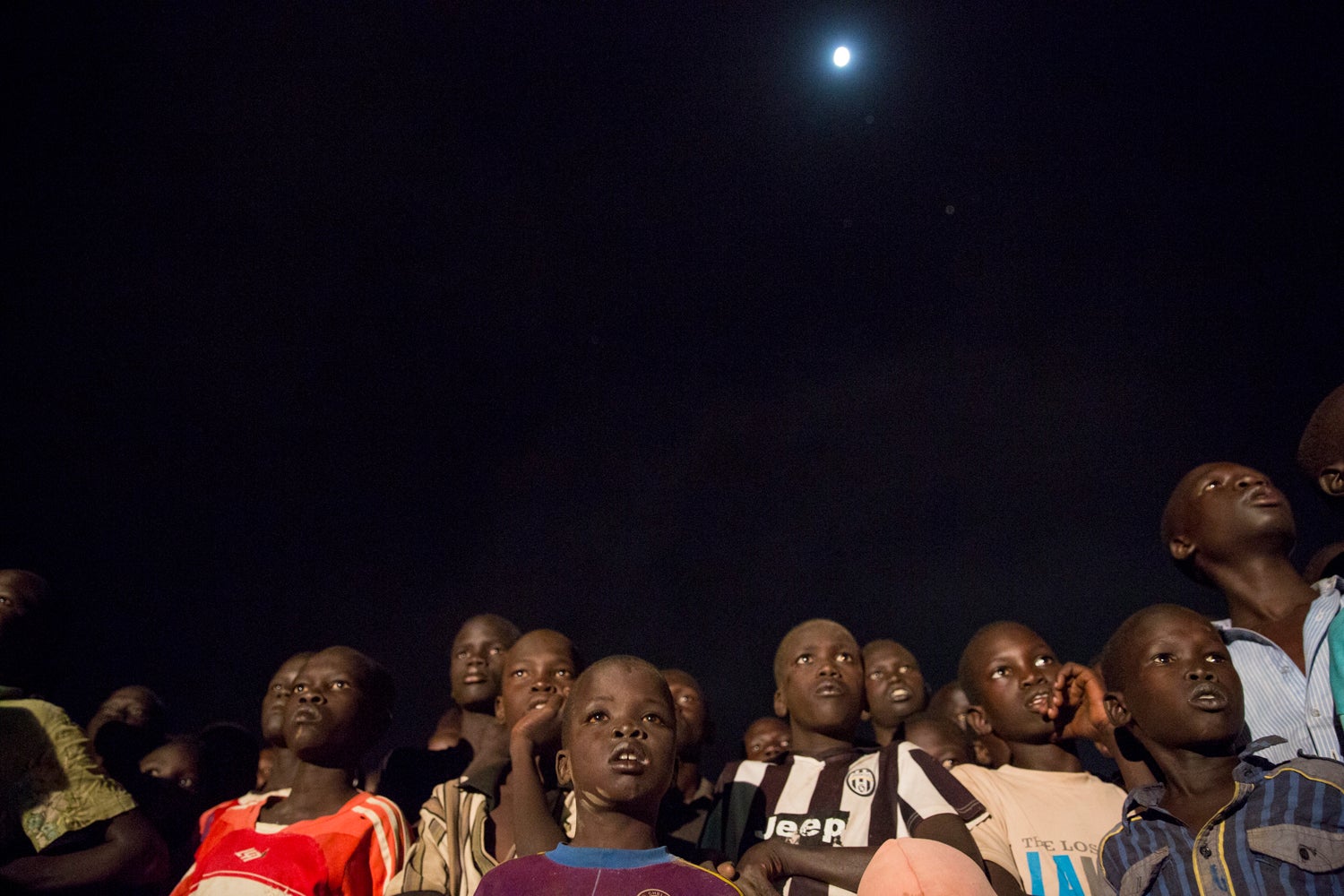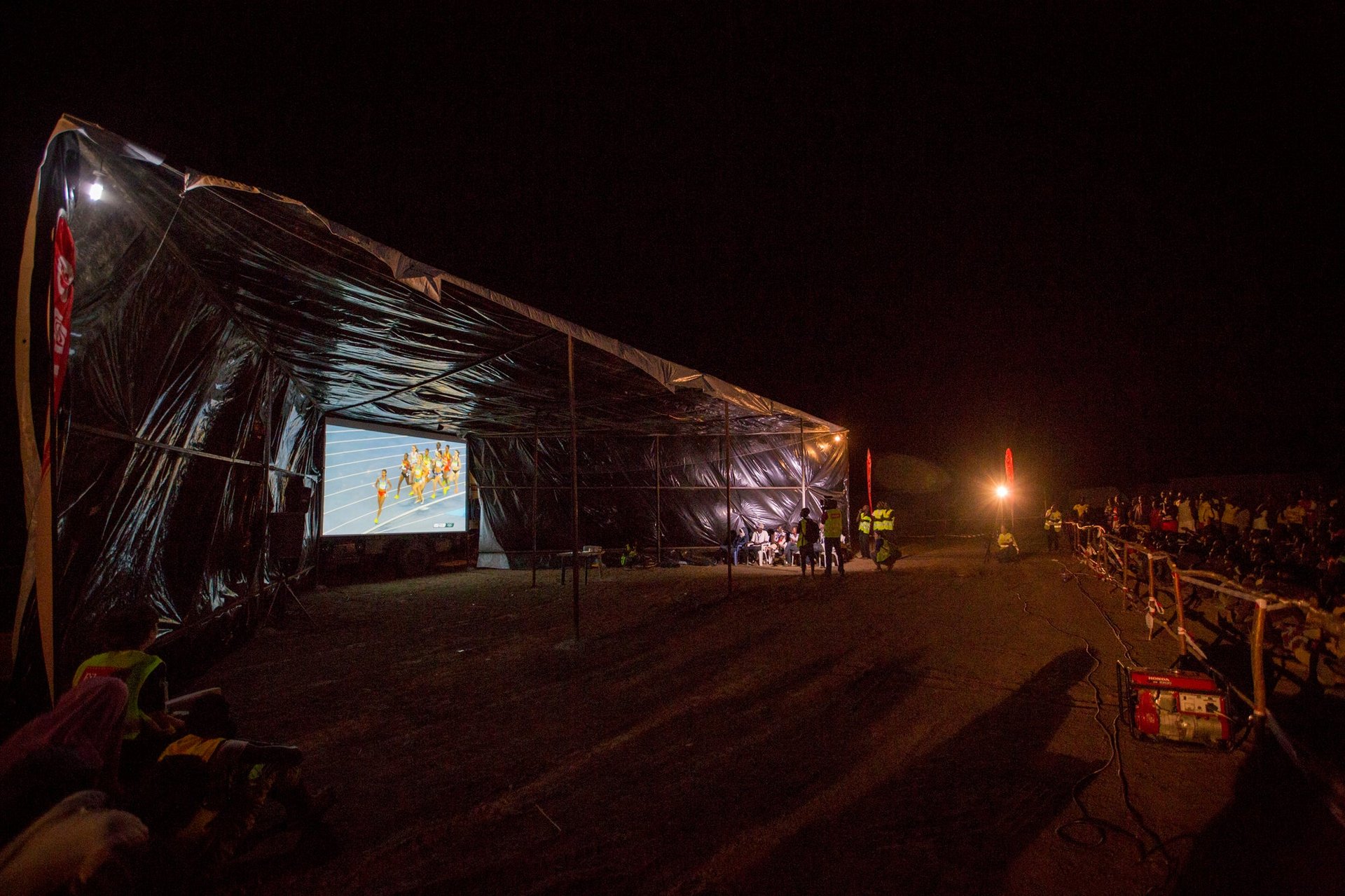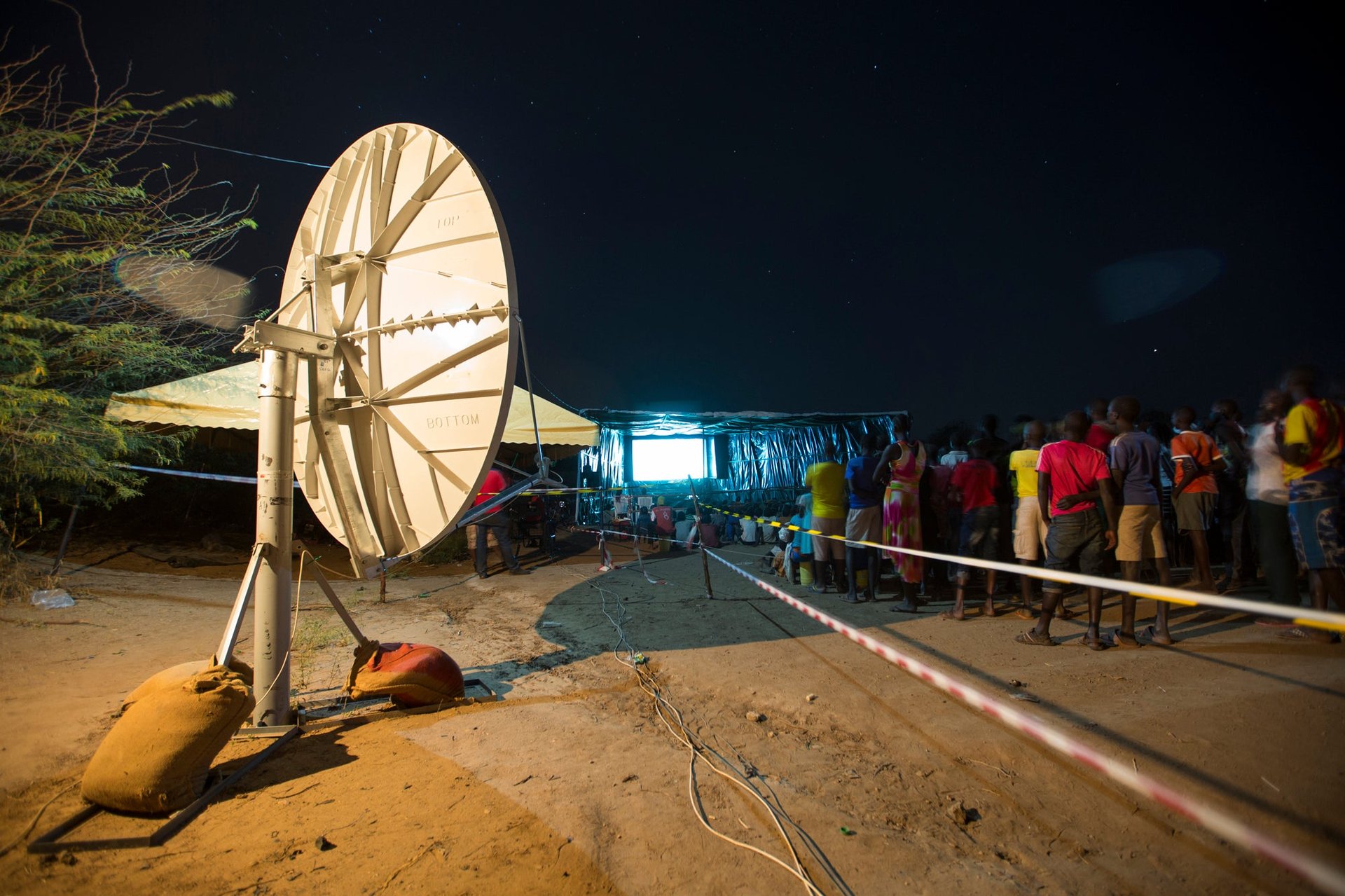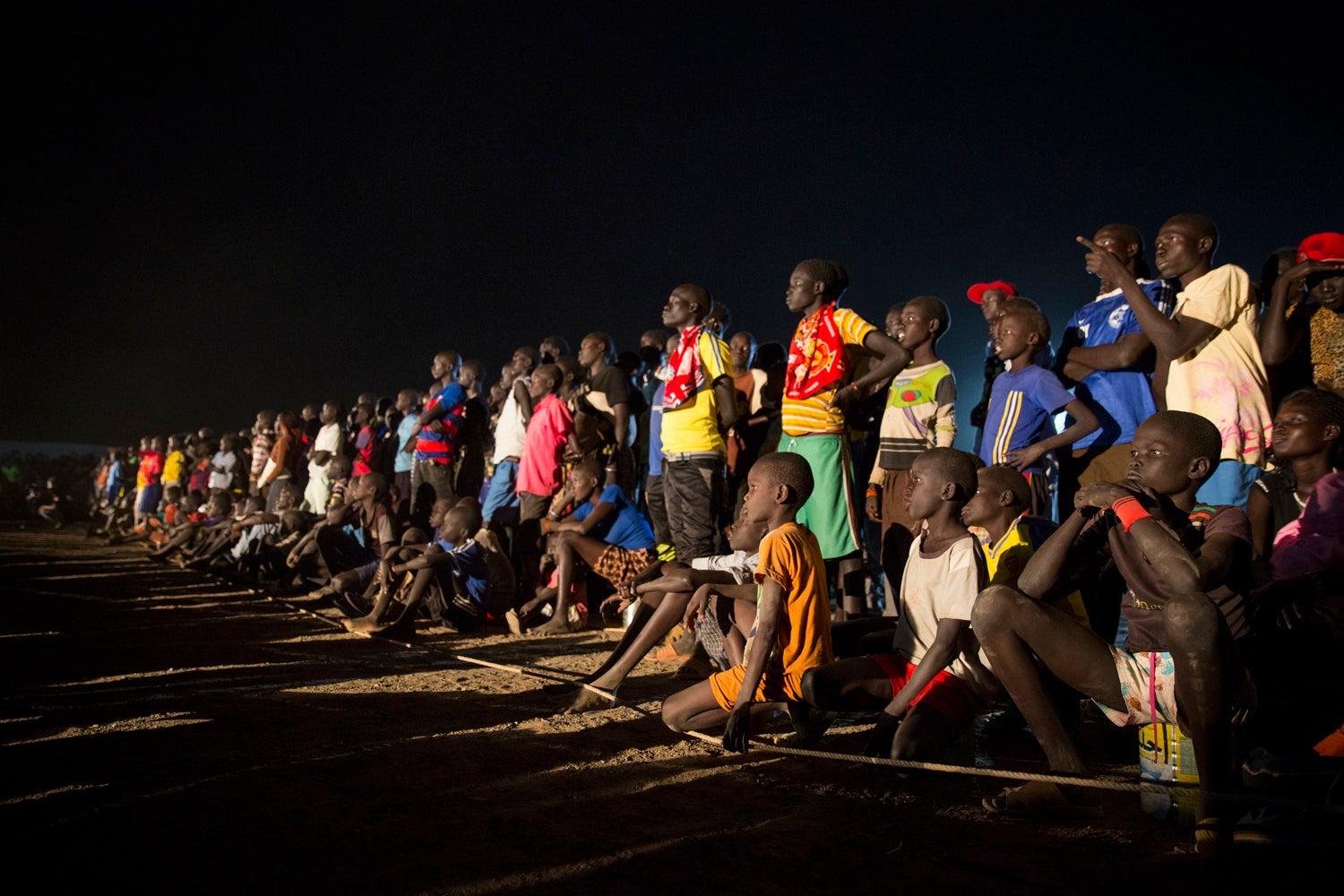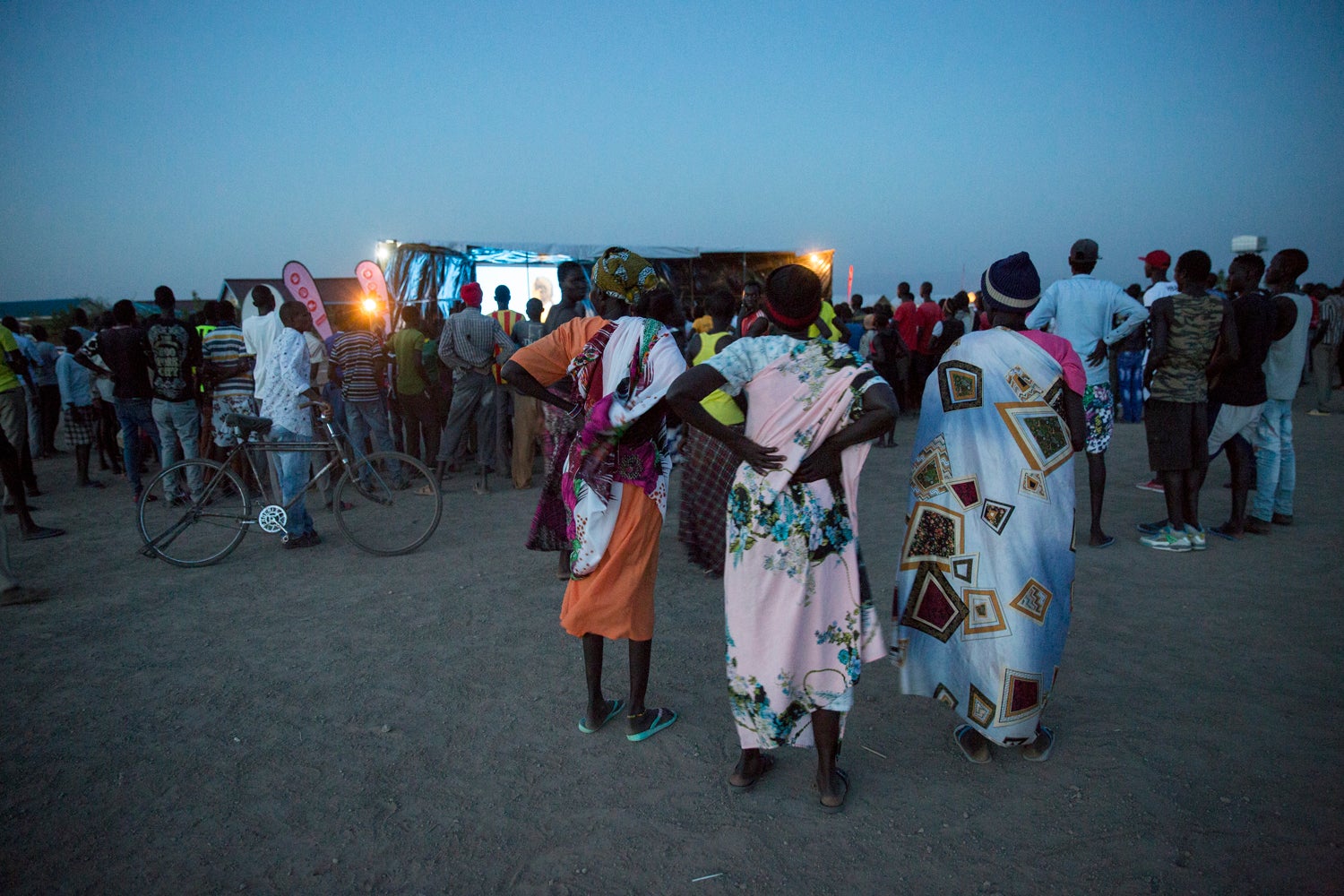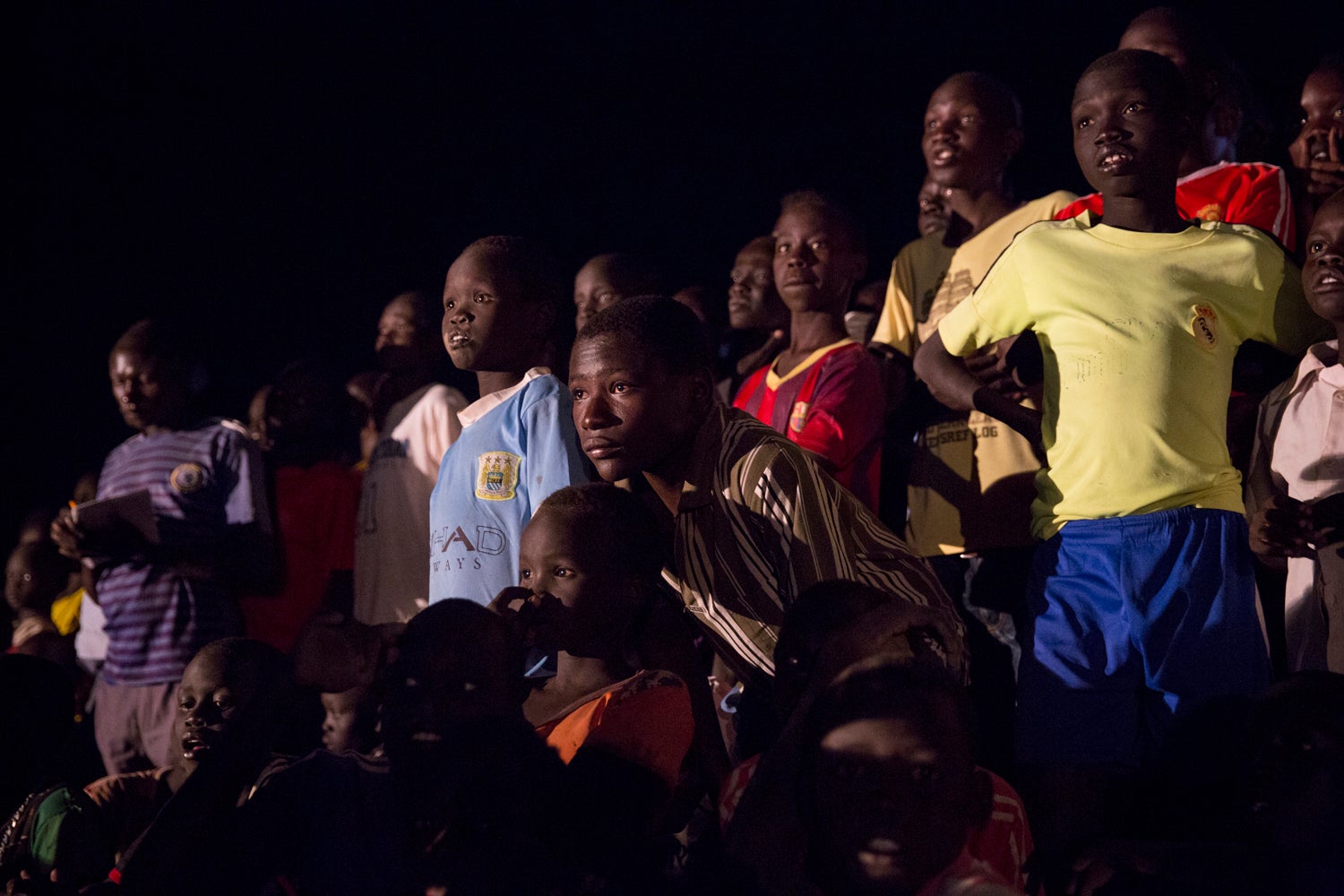Photos: The camp that most of the refugee team calls home has been holding a massive daily screening of the Olympic games
Every four years, watching the Olympics inspires people in many ways—to join a soccer league, to dust off those running shoes, to eat healthier, and in general to give your best in life. But this year, the Rio Olympics gave something else to millions of people: a chance to show the world how far determination, dignity, bravery, and endurance can bring someone. The Rio games have made the world see the human behind “the refugee.”
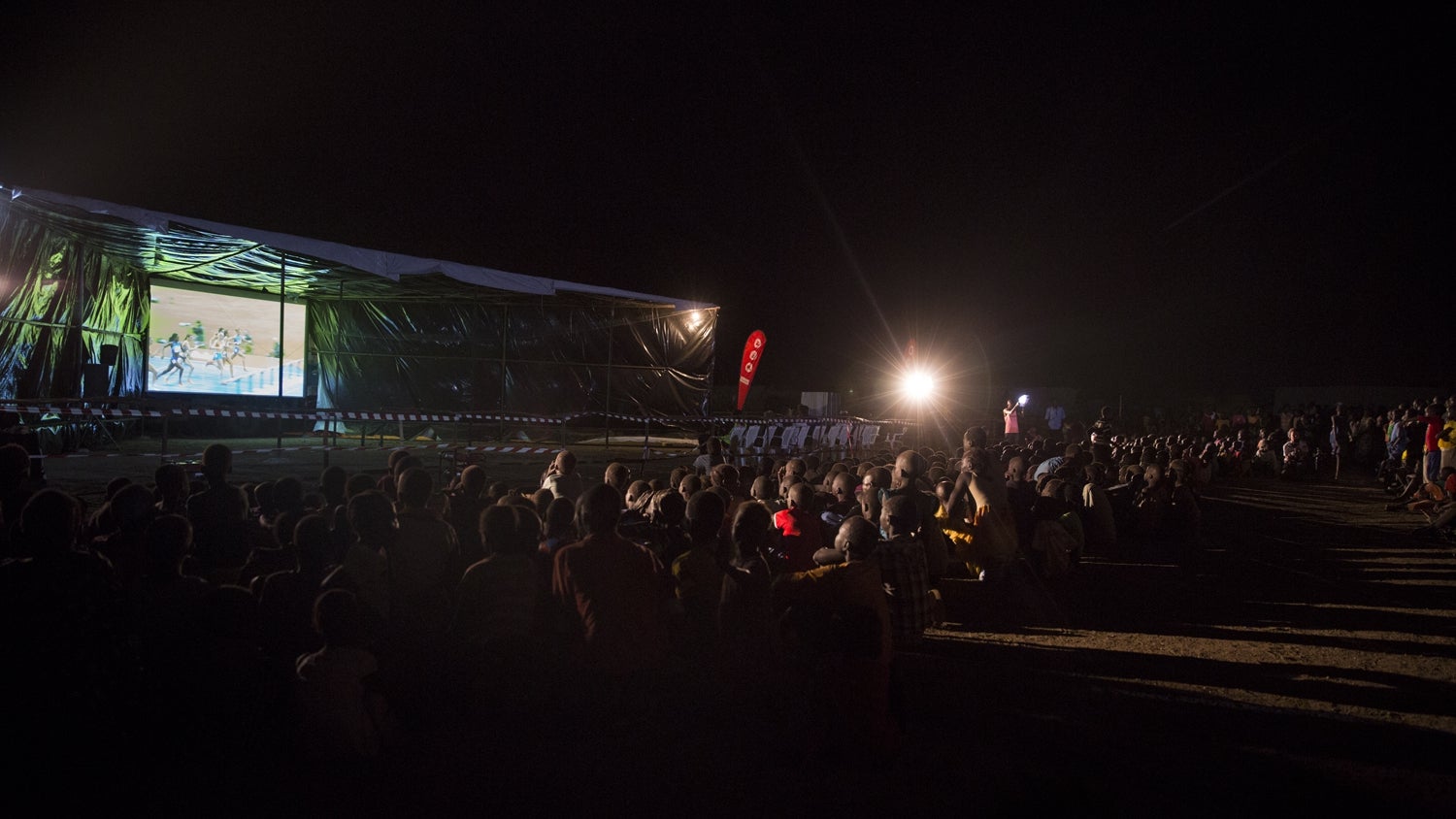

Every four years, watching the Olympics inspires people in many ways—to join a soccer league, to dust off those running shoes, to eat healthier, and in general to give your best in life. But this year, the Rio Olympics gave something else to millions of people: a chance to show the world how far determination, dignity, bravery, and endurance can bring someone. The Rio games have made the world see the human behind “the refugee.”
Since the International Olympic Committee allowed athletes from several refugee camps to compete as the first-ever refugee team, the whole world, but especially the 65 million displaced people living today with no country to call home, are cheering in unison over oceans and borders.
Thanks to the FilmAid project, supported by Amnesty International, residents of the Kakuma Refugee Camp in Kenya can follow a live-stream of the Rio Games from start till end.
Set up in 1991, Kakuma is home to some 185,000 people fleeing from war and persecution. And of the entire refugee team of 10, six athletes came from Kakuma. There’s a six hour time difference between northwest Kenya and Rio de Janeiro, Brazil, but young people of the camp are staying up late every night anyway to watch their representatives compete.
